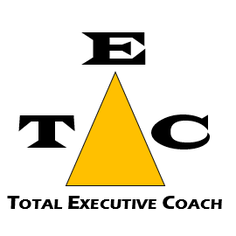|
In the heat of the moment, we sometimes forget about the basic communication skills that help us get the most from our relationships. Here’s a refresher for you. Tips for focusing on points of view and not on winning the battle.
Six Tips to Help Support Your Speaker
Six Tips to Help Support Your Point of View
Would you like more information about this topic? Or how about a brief, no-judgement discussion of your current situation? Contact my offices at (336) 999-4533 or email me at DonnaColes.Coach@gmail.com and we’ll schedule a time to discuss your personal development challenges and identify some options that will help. Or, Click the following link to schedule your discussion with me. https://app.acuityscheduling.com/schedule.php?owner=18102228 Until then…
1 Comment
|
Donna Coles
|
Click Here for the appointment scheduler
Coaching appointments are available by phone or secure video.
© 2018 TotalExecutiveCoach.com All Rights Reserved
 RSS Feed
RSS Feed
